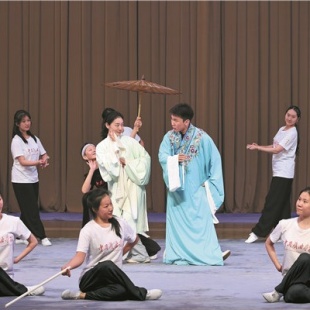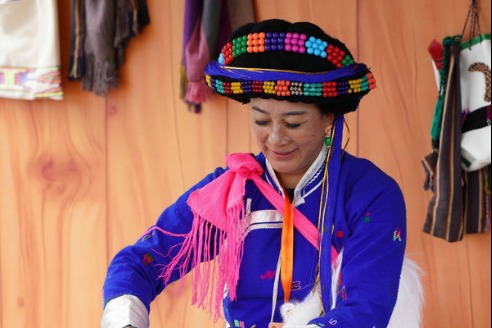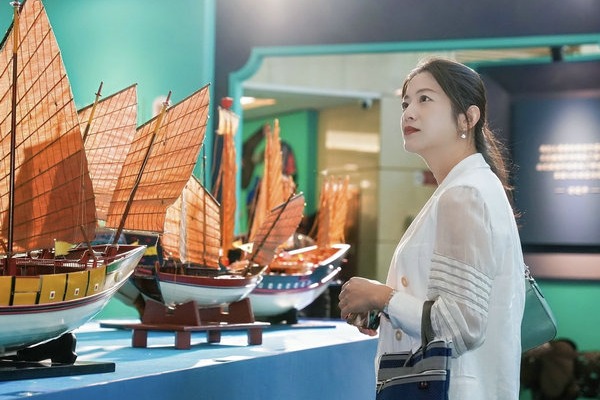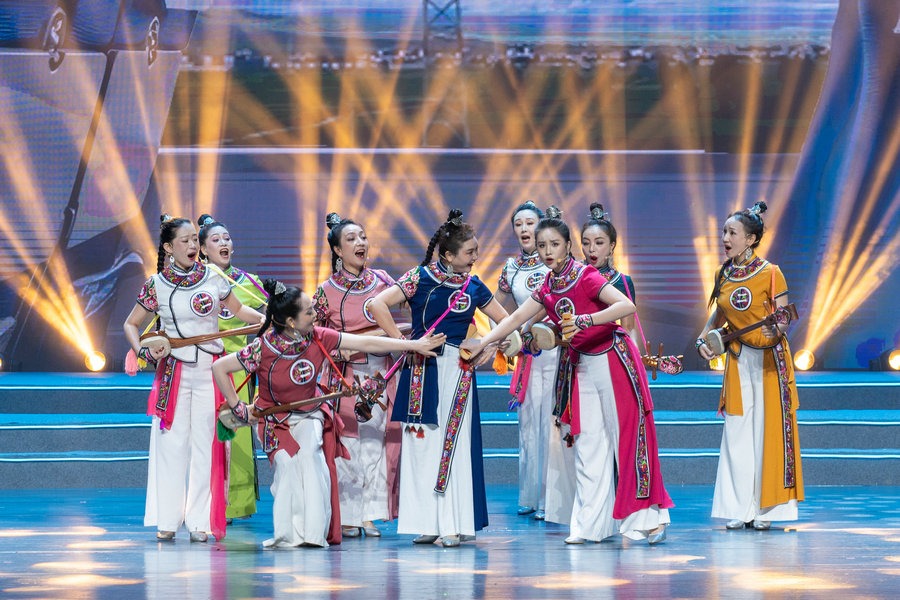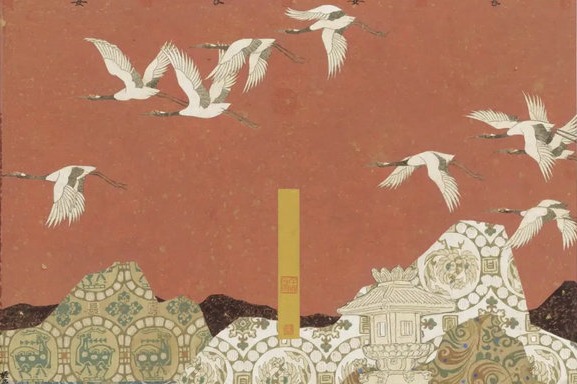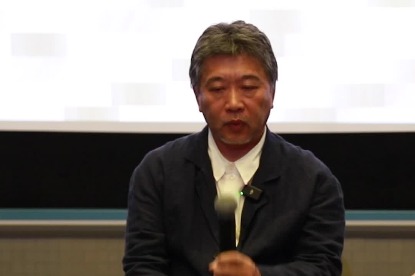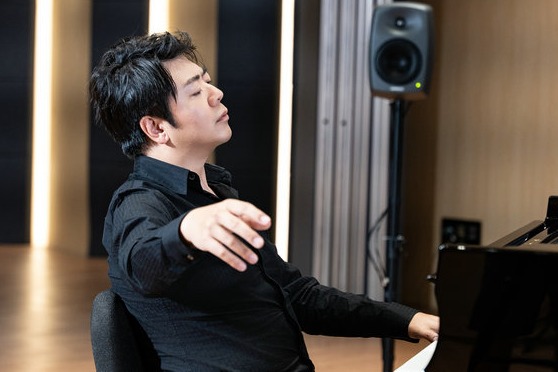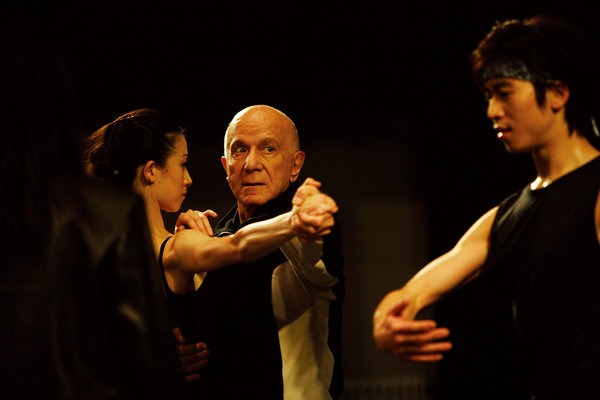Classic tale keeps core elements


"When Tian Han adapted the folk tale into a Peking Opera piece in 1952, his goal was to blend traditional elements with contemporary sensibilities to make the story more accessible and relevant to modern audiences. We are making the same effort to produce this new edition," adds Yin.
Director Yang, who is known for directing productions of traditional Chinese operas, such as Yueju Opera and Kunqu Opera, says that Tian Han's adaptation was part of a broader effort to revitalize traditional Chinese theater forms and make them more engaging for contemporary audiences, reflecting changes in Chinese society and artistic tastes.
Besides star Peking Opera artists, Yang also works with young performers from the National Academy of Chinese Theatre Arts and China National Peking Opera Company in this new version.
"Peking Opera features a highly stylized form of performance with specific vocal techniques, gestures and movements that can be difficult for those unfamiliar with the genre to grasp. It is deeply rooted in traditional Chinese culture and history, which may be unfamiliar to younger audiences who have not been exposed to these aspects in their education or daily life," says Yang. "Our young Peking Opera performers, who are similar in age to our young audience, inspire us to create."


